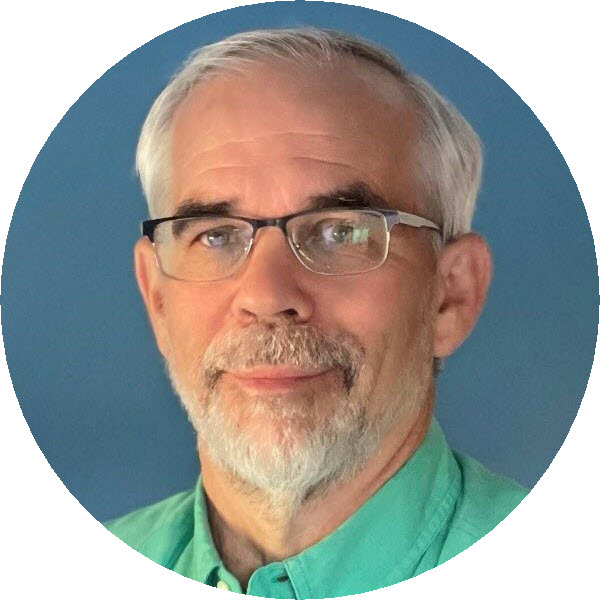26-Hour Self-Study Training Program Designed by Subject Matter Experts
About The Program
Gain a comprehensive understanding of the principles, concepts, and technical parameters behind modern in-line inspection (ILI) technologies and procedures. The Advanced Program in In-Line Inspection Technology and Procedures (CS022F+) equips you with knowledge of how ILI is applied to pipelines and other cylindrical pressure vessels. Through this course, you will understand the classification and summarization of various inspection technologies and procedures, ensuring a well-rounded grasp of this critical aspect of pipeline integrity management.
Who Is This Program For?
This course is ideal for engineers, regulators, inspectors, integrity consultants, and compliance officers seeking foundational knowledge in In-Line Inspection.
Overview Of The Program Details
Availability: Accessible online 24/7 for complete flexibility
Duration: Approximately 26 hours, including recorded videos, e-learning modules, and a Q&A session
Delivery: Self-paced blended learning with video and written content, e-learning modules, and an expert-led Q&A session
Level: Tier 3, Foundation Level Training - Our in-depth self-study courses are designed to support your preparation for the ANAB certification assessment.
Competency Standard: Meets ROSEN’s Competency Standard, In-Line Inspection Technology and Procedure (CS022F+)
Upon program completion, you will receive: A Certificate of Completion recognizing your accomplishment, along with Professional Development (CPD/CEU) Hours to support your professional growth.
What’s Included in the Program?
This online, on-demand program covers essential aspects of pipeline integrity through a structured, self-paced curriculum:
Preparatory Learning Materials (Optional): Five e-learning courses (estimated 16 hours total) cover key topics, equipping you with prerequisite knowledge and supporting foundational skills. Modules include:
Introduction to Pipeline Inspection Technologies and Procedures (CS023A)
Introduction to Cathodic Protection and Monitoring (CS025A)
Introduction to Crack Management (CS050A)
Introduction to In-Line Inspection Technologies and Procedures (CS022A)
Introduction to Pipeline Defects (CS048A)
On-Demand Modules: Expert-led presentations, complemented by written content and review tasks, enabling you to learn at your own pace and revisit key concepts whenever necessary.
Interactive Q&A Session: A 30-minute live Q&A session with an industry expert, offering an opportunity to ask course-based questions and deepen your understanding.
Optional Assessment: An optional assessment to validate and reinforce your learning.
Meet The Subject Matter Expert: Dr Bruce Nestleroth

Dr. Bruce Nestleroth has been a leader in the nondestructive testing field since the 1980s, specializing in inspection technologies for assessing pipeline defects. After earning his Ph.D. from Drexel University, he spent 26 years at Battelle and seven years at Kiefner before joining ROSEN in 2021 as an Expert focused on education. Dr. Nestleroth has advanced the application of in-line inspection (ILI) technologies, including magnetic flux leakage, eddy current, ultrasonic, and EMAT methods. He has taught courses on pipeline inspection and defect assessment since 1995 and contributed to several API committees developing industry standards.
If you have any questions or need assistance selecting the right program for you, please reach out to our experts. We’re here to help you find the best training solutions to support your goals.